Lithops Plant
The living stone plants, or Lithops plants, are popular for their pebble or stone appearance. Their ability to camouflage makes them survive in the harshest weather conditions, and hence is easy to maintain by beginners. Keeping them indoors or outdoors can be the best innovative addition to your garden with easy care techniques.
How to Care For Lithops Plants?
Caring for your Lithops requires the minimum attention to the following points:
- Soil
The ideal soil for Lithosp should be well-draining and succulent-friendly. You can ensure that the soil you’re selecting is placed in the pot with proper drainage holes to prevent water accumulation. It helps reduce the chances of root rot.
- Water
When it comes to watering, your Lithops plant won’t demand much. While these are drought-tolerant, you must protect them from overwatering. Go ahead to water your Lithops only once after two weeks when it is growing. Once it reaches the dormant stage, prevent excessive watering.
- Light Requirements
Lithops love light, and hence, you must ensure around six to eight hours of sunlight for them. If placing them indoors, go ahead near the windows to receive the indirect sunlight throughout the day. However, protect your outdoor-placed Lithops from intense midday sunlight to prevent leaf damage.
- Temperature & Humidity
The Lithops are ideal for the harshest seasons, and hence it can accommodate the temperature ranges of 16 to 30 degrees Celsius. While this is not the strict range, as Lithops have significantly adapted to their surroundings. However, protect your Lithops from the lowest temperatures like less than 4 degrees Celsius. Keep Lithops away from high-humidity areas like bathrooms, as it may lead to fungal growth.
- Pest
Lithops plants have survived some of the harshest seasons and are generally pest-resistant. However, you can use the best pesticides if it is attacked by the scale insects or mealybugs in your garden.
- Fertilizer
There is no need to go for aggressive fertilizing of your Lithops. However, in ideal conditions, you can go for the dry or liquid fertilizer for your Lithops once or twice a month. Fertilizing during the growing time of your plant is highly recommended, and try not to fertilize during the dormant time.
- Pruning & Maintenance
While there is no strict need to prune your Lithops, you can go ahead to remove the dead or dying leaves for the best appearance. However, stay focused so that you don’t damage the healthy and living parts of your plant. You may trim the diseased or damaged branches also to prevent the pest attack.
Key Features and Benefits of the Lithops Plant
The notable features and top advantages of Lithops are as follows:
- Unique Looks
The pebble-like looks of the Lithops make them a new addition to your indoor or outdoor gardens. Thanks to the camouflage adapted by the Lithops- their color and patterning, it not only makes them look aesthetic but also protects them from herbivores.
- For Beginners
Beginners can confidently go ahead by bringing Lithops plants to their place. These are the least-demanding but most-rewarding succulent plants. You don’t have to worry about its soil, watering, or fertilizer needs.
- Vastu Importance
When it comes to the Vastu benefits, Lithops brings patience and endurance to your place. Hence, you may bring Lithops home to attract positive energy and balance the environment.
Having a Lithops plant at your place will raise all the eyebrows; thanks to its living stone appearance. No matter whether you’re a professional or expert in gardening, Lithops require the minimum care in terms of soil, water, and light. Not to miss are the endurance and resilience resembled by Lithops along with its amazing appeal!
FAQs
Q. Are Lithops hard to grow?
A. No, Lithops are easy to grow with the least care and maintenance at your place.
Q. Do living stones multiply?
A. Yes, living stones or Lithops multiply by forming new leaves or by self-seeding.
Q. How long does Lithops live?
A. Lithops live up to 40-50 years in ideal conditions.
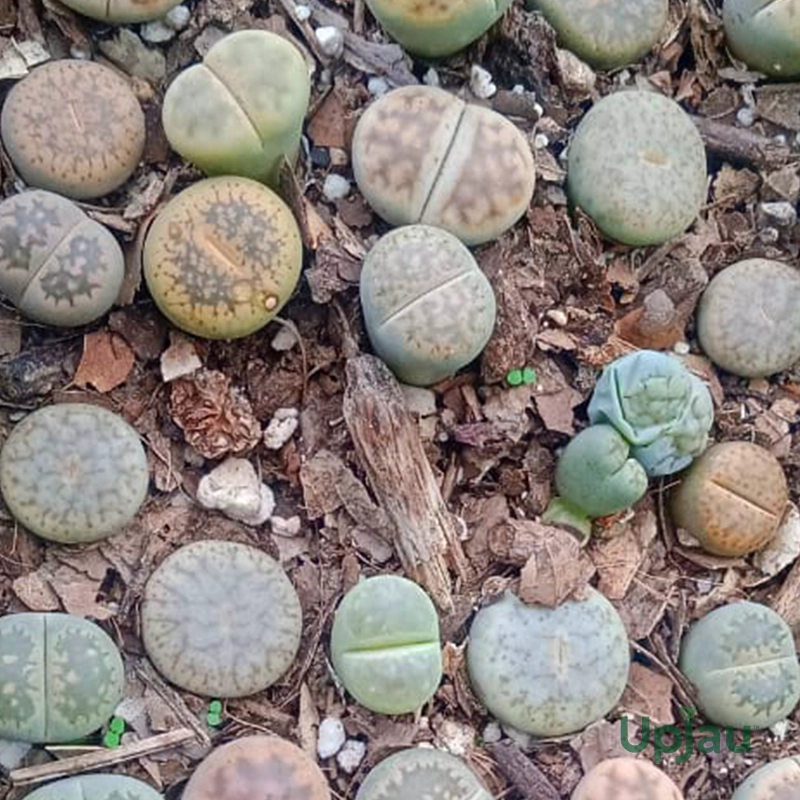
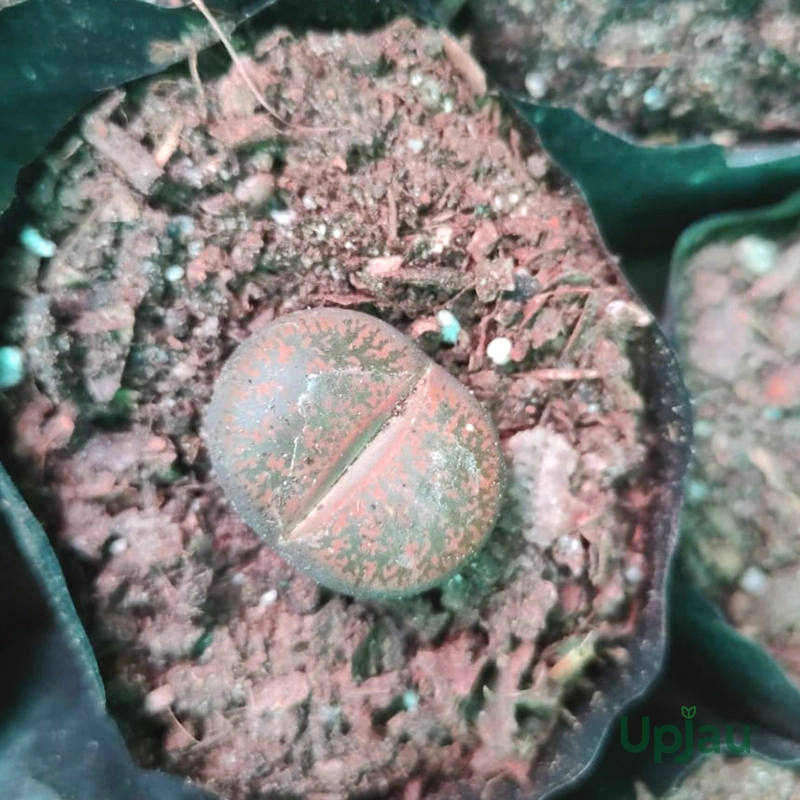

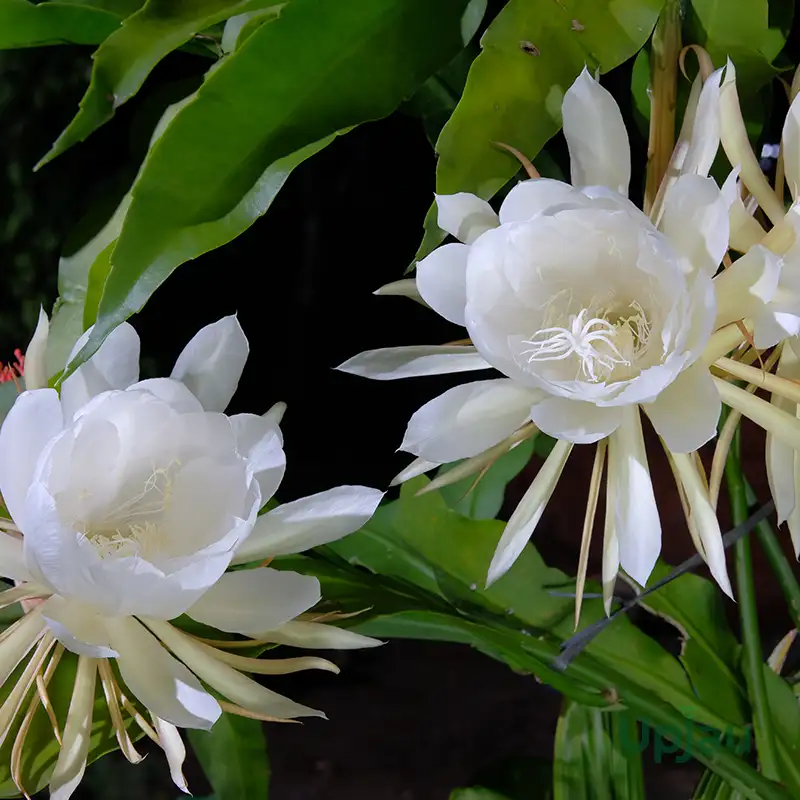
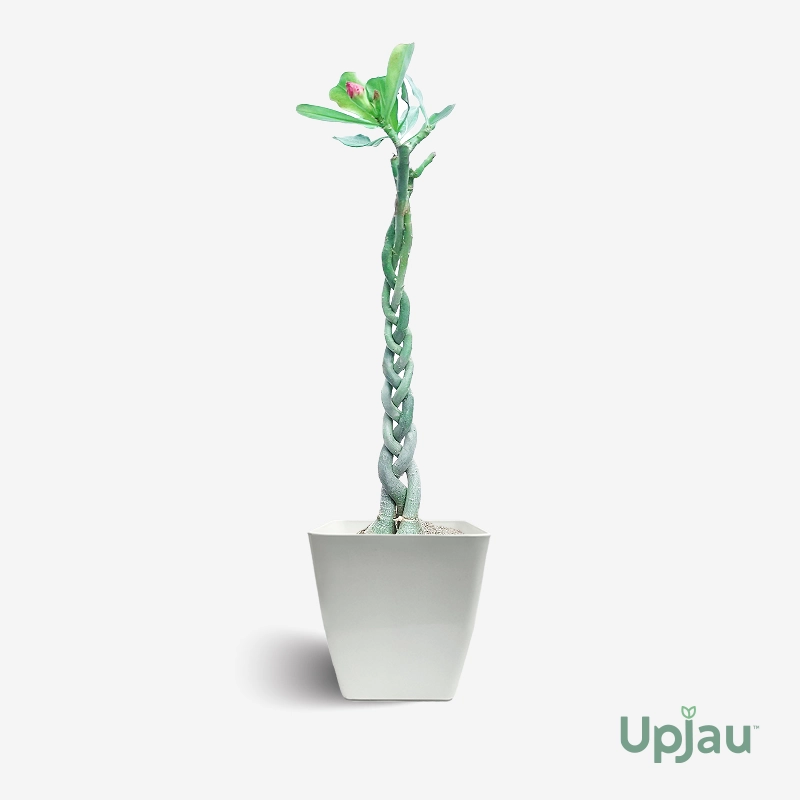

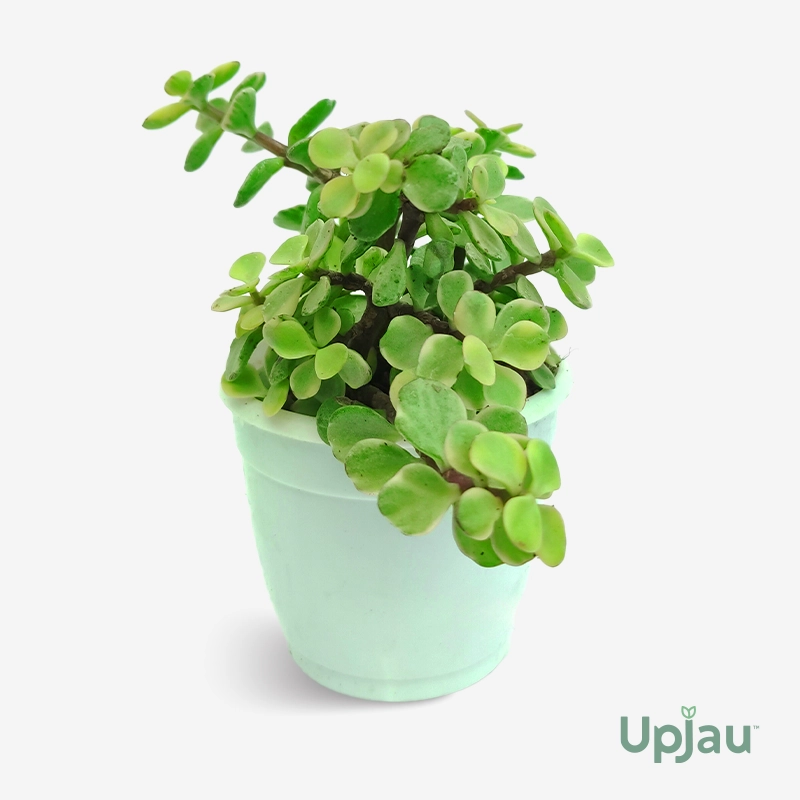

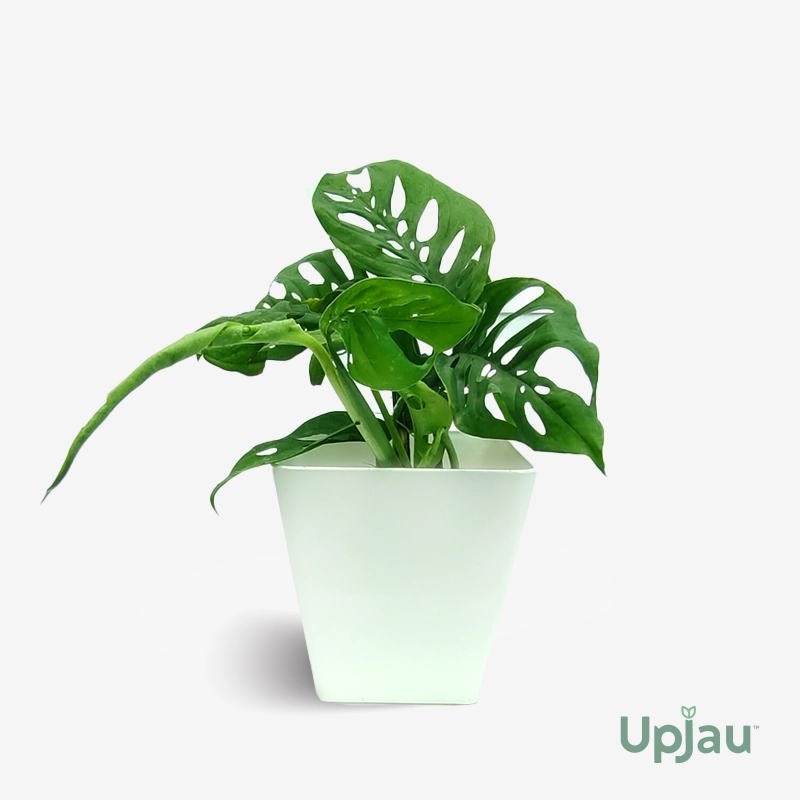


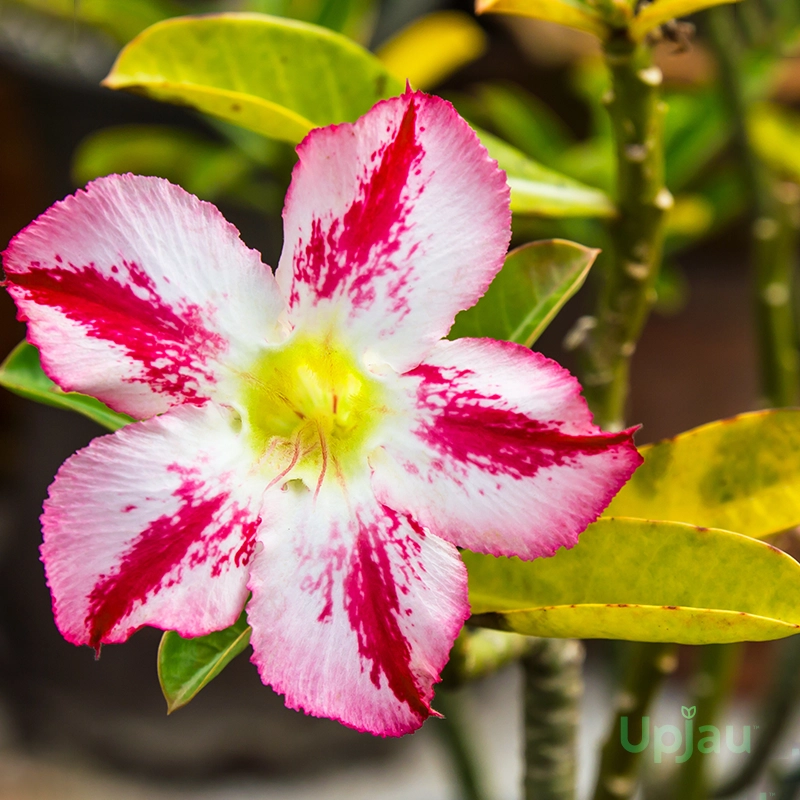
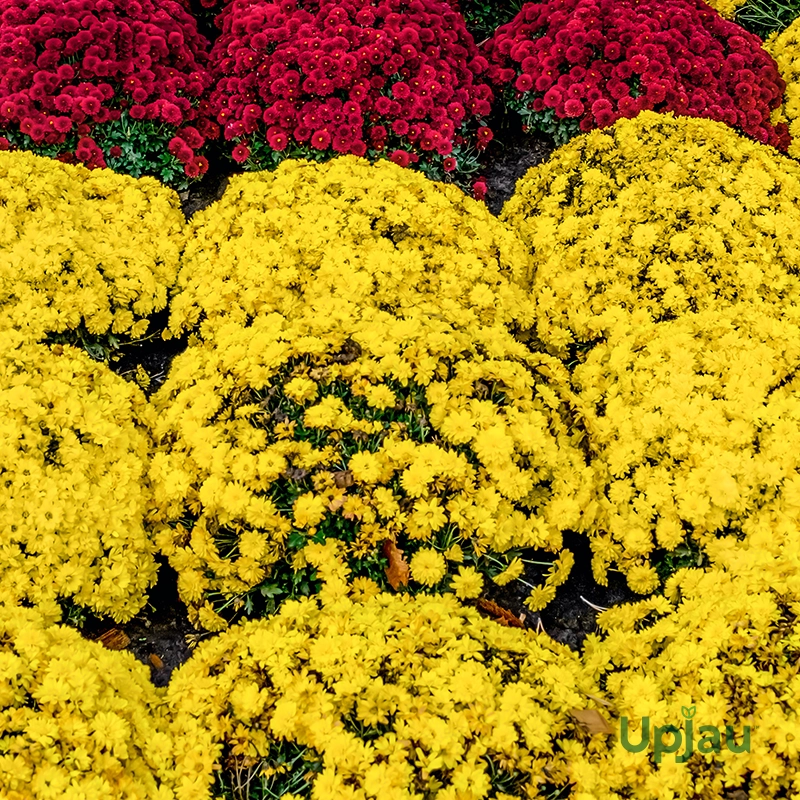
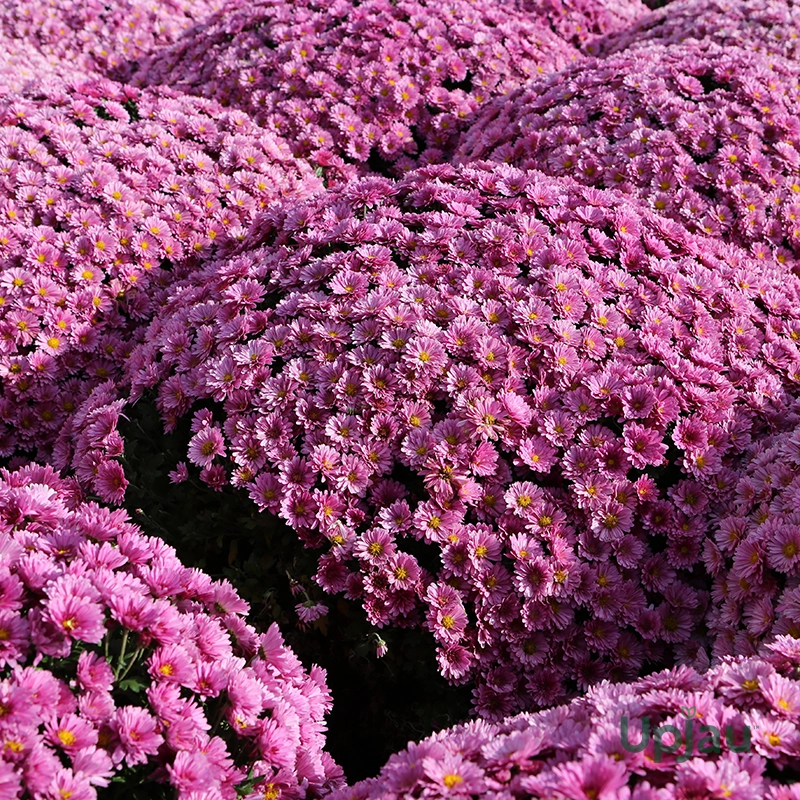
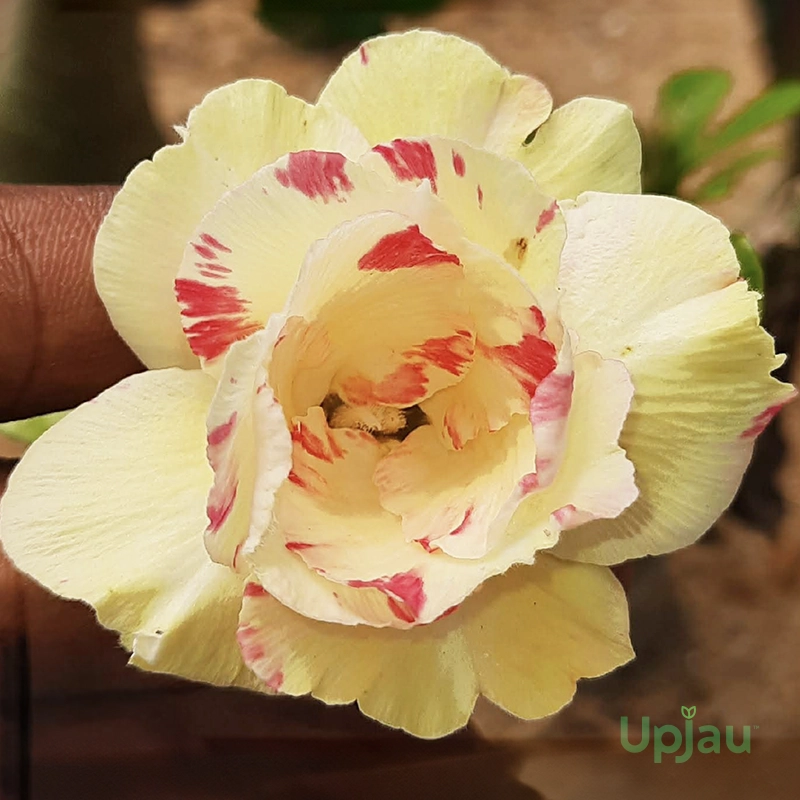


Reviews
There are no reviews yet.